It’s good to know what you can claim when it comes to your rental property, especially when it can save you money.
As experts on landlord accounting, we’ve had a few clients ask us why they are being taxed so much on their rental property. They want to know if we can lower their tax, and the majority of the time we can. It’s not that we wave a magic wand and the tax goes down. It’s because some clients don’t know what can be included when it comes to allowable expenses. But that’s okay because that’s what you have an accountant for right?
There are two types of expenses you may occur when renting out a property:
Capital expense
– Occurred when improving an asset. These expenses would be relevant in a tax sense if you were submitting Capital Gains Tax from a sale of a second property.
Revenue expense
– Is an expense occurred when trying to fix an asset to its original state or maintain the current state. This expenses will help reduce your tax bill.
Example:
- You purchase a property which you intend to rent out.
The property is a bit run down, kitchen cupboards are falling off, stained carpets and the roof tiles are missing.
You could repair the cupboards, get a carpet cleaner to clean the carpets and replace the roof tiles – this would be a revenue expense, because you’re fixing and maintaining what was originally there, or, - You could upgrade the kitchen units, get hardwood flooring to prevent stains and get your roof replaced – this would be a Capital expense because you’re making more of an improvement than just fixing it to its original state.
There are some exemptions when it comes to improvements and being able to class them as a revenue expense. The most common example is upgrading single glazing to double glazing, this is due to having to comply with Building Regulations and is a requirement. Use of modern materials that are broadly equivalent to the old materials are an allowable expense.
Other claimable expenses include:
Training
If you were to undertake training that’d improve your knowledge in property, this would not be included. However, if you were to refresh and update existing knowledge, the training and expense occurred are allowable expenses.
Travel expenses
To travel to above training course, check on the property, going to and coming from a letting agency and instructing builders are allowable expenses. although if you are taking detours to go shopping or visit someone the whole cost will be disallowed
Legal and professional fees
This includes legal and professional fees for renewing a lease (if the lease is less than 50 years) and any legal fees in relation to evicting a tenant, and Accounting fees. Management such as agency’s, advertising, administration and Landlord Insurance. This excludes legal fees in connection with the purchase and sale of the property.
Administration and stationary costs
These can include stationary, phone calls, postage and use of home as an office.
Services
Any services such as electric, gas or water associated with your rental property. Services provided from Gardeners or Cleaners. Also, Council Tax and ground rent if you’re the person who pays but usually this would be your tenant.
Mortgage expenses
Finance charges and loan interest are not a deductible expense. But a limited relief is available for basic rate tax payers. This can’t be included when creating a tax refund but 20% will be offset against your income.
There are many grey areas when it comes to claiming expenses relating to rental property, with what’s allowed or disallowed. Here at Diamond we’re always on hand for a chat about the best way possible, especially when it comes to getting your Tax bill down!

